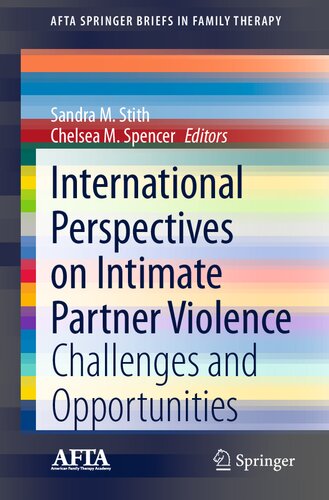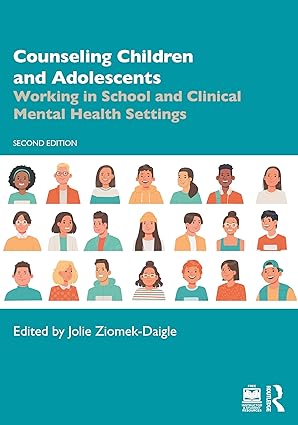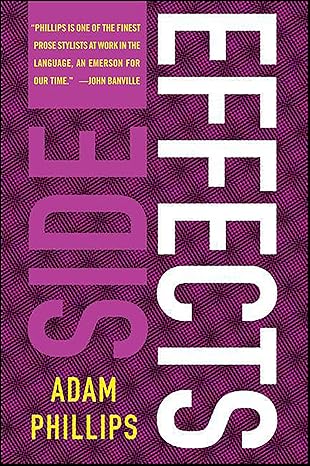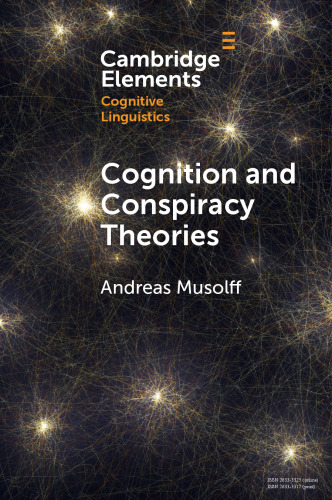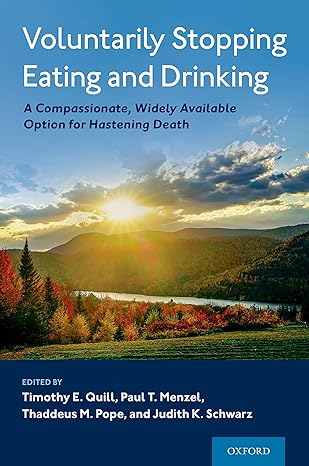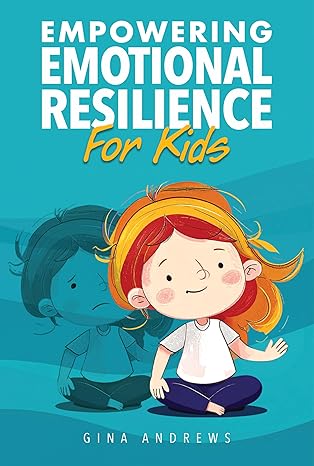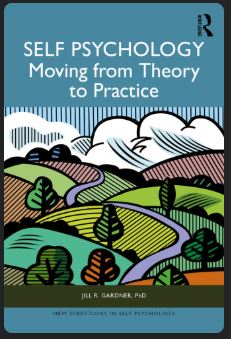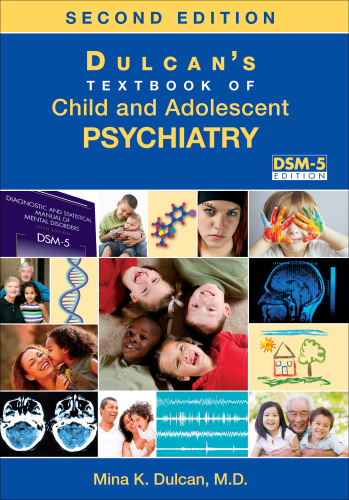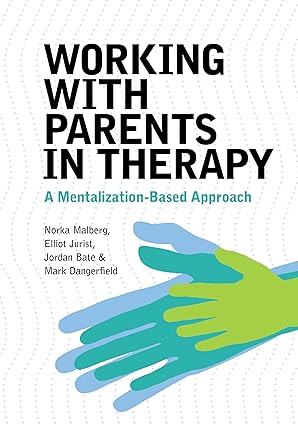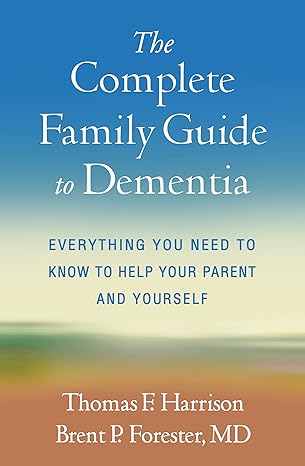For much of my life, I have been passionate about making a difference in people’s lives and about understanding and experiencing life beyond the United States (US). On my file cabinet is a quote attributed to John F Kennedy, “One person can make a difference and everyone should try,” which keeps me grounded. My husband and I married young and after completing college; we spent 2 years in Venezuela in the Peace Corps, which fueled my passion for both making a difference and under- standing perspectives beyond the United States. This book, and my academic career, focusing on preventing and treating intimate partner violence (IPV), comes out of this passion. I earned my PhD in Couple and Family Therapy (CFT) at Kansas State University (KSU) in 1986 and sought to understand police response to IPV for my dissertation (Stith, 1990). I taught courses in understanding and preventing IPV in numerous settings and echoed the prevailing view that “it is never appropriate to treat couples together when there had been IPV.” When I was program director in the CFT pro- gram at Virginia Tech, we worked with high conflict couples. Frequently, we found that clients reported to us that they had experienced physical, psychological, or sexual IPV in their relationship only after we had established a therapeutic alliance with them. My first reaction, as a supervisor, was that the offender needed to go to a batterer intervention program. However, these voluntary clients typically did not want to go to a batterer intervention program. If we chose not to treat them, they found a different couples’ therapist who may have no understanding of IPV. This made me rethink the idea of whether it might be appropriate to treat carefully screened couples conjointly.
چکیده فارسی
در بیشتر عمرم، علاقه زیادی به ایجاد تغییر در زندگی مردم و درک و تجربه زندگی فراتر از ایالات متحده (ایالات متحده) داشتهام. در کابینت پرونده من نقل قولی است که به جان اف کندی نسبت داده می شود، "یک نفر می تواند تفاوت ایجاد کند و همه باید تلاش کنند"، که من را ثابت نگه می دارد. من و شوهرم جوان و پس از اتمام کالج ازدواج کردیم. ما 2 سال را در ونزوئلا در سپاه صلح گذراندیم که شور و شوق من را برای ایجاد تفاوت و درک دیدگاه های فراتر از ایالات متحده تقویت کرد. این کتاب و حرفه آکادمیک من با تمرکز بر پیشگیری و درمان خشونت شریک صمیمی (IPV) از این اشتیاق بیرون آمده است. من در سال 1986 دکترای خود را در رشته درمان زوج و خانواده (CFT) در دانشگاه ایالتی کانزاس (KSU) گرفتم و به دنبال درک پاسخ پلیس به IPV برای پایان نامه خود بودم (Stith، 1990). من دورههایی را در زمینه درک و پیشگیری از IPV در موقعیتهای متعدد تدریس کردم و این دیدگاه رایج را تکرار کردم که «در زمان وجود IPV هرگز مناسب نیست زوجها را با هم درمان کنیم». زمانی که من مدیر برنامه CFT در ویرجینیا تک بودم، با زوج هایی که درگیر درگیری شدید بودند کار می کردیم. اغلب، ما متوجه شدیم که مشتریان به ما گزارش دادند که تنها پس از ایجاد یک اتحاد درمانی با آنها، IPV فیزیکی، روانی یا جنسی را در رابطه خود تجربه کردهاند. اولین واکنش من، به عنوان یک سرپرست، این بود که مجرم باید به برنامه مداخله کتک زن برود. با این حال، این مشتریان داوطلب معمولاً نمیخواستند به برنامه مداخله در مورد کتکزن بروند. اگر ما تصمیم گرفتیم که آنها را درمان نکنیم، آنها یک زوج درمانگر متفاوت پیدا کردند که ممکن است هیچ درکی از IPV نداشته باشد. این باعث شد در مورد اینکه آیا ممکن است مناسب باشد زوجهایی که بهدقت غربالگری شدهاند به طور مشترک درمان شوند، دوباره فکر کنم.
ادامه ...
بستن ...
Author(s): Sandra M. Stith (editor), Chelsea M. Spencer (editor)
Publisher: Springer, Year: 2021
ISBN: 3030748073,9783030748074
ادامه ...
بستن ...
